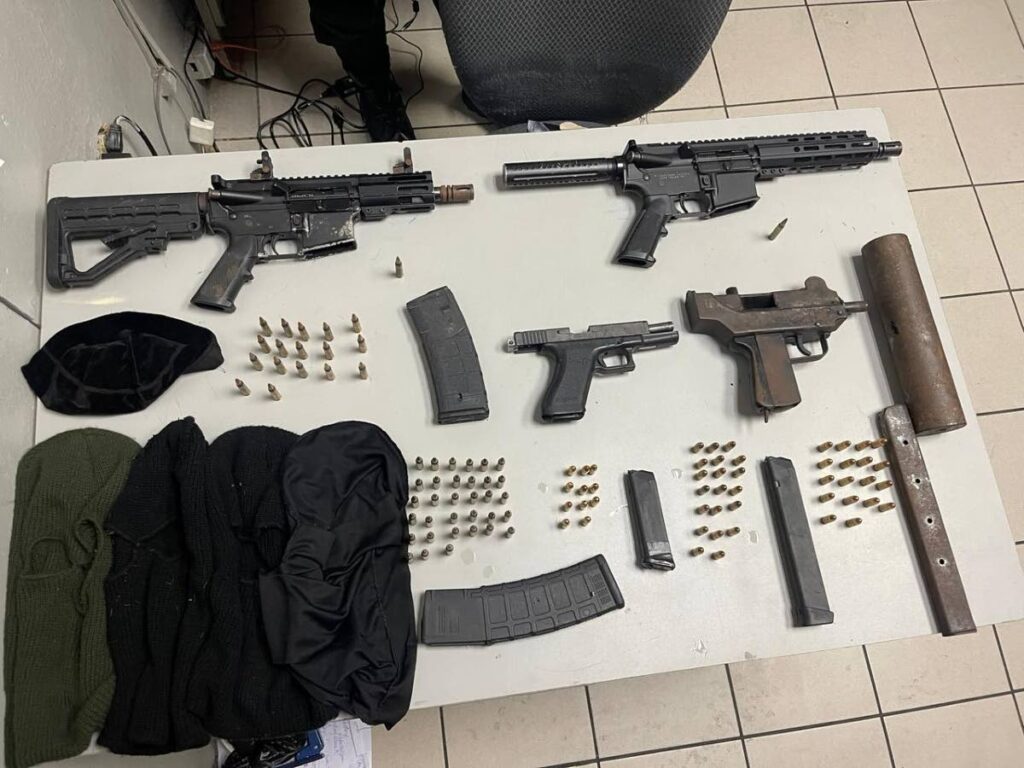Stricter guidelines for arms and ammunition disposal incoming

ACTING director of the Forensic Science Centre Derrick Sankar says while most would be inclined to think corruption leads to army or police-registered bullet casings at crime scenes, it often is linked to issues surrounding the disposal of arms and ammunition.
Sankar was speaking during a joint select committee on national security on Wednesday afternoon.
Over the past year, spent shells with regiment or police head stamps were found at crime scenes.
Sankar said that in some cases, "It is possible that the cartridge cases that were used previously in shooting ranges and in other areas were reloaded by the criminal element during, probably, a disposal process."
Reloading, he explained, is the removal and replacement of a primer cap, putting new gunpowder and inserting a new bullet.
He said the police service is aware of this.
"We have been having meetings with the UN for disposal of arms and ammunition (and) putting in stricter guidelines for disposal and accounting for expired ammunition as well – that's another source.
"It is something that is of paramount importance, especially securing stockpiles and disposal of stockpiles."
He added, "There's a lot of room for improvement and security to be put in place."


Comments
"Stricter guidelines for arms and ammunition disposal incoming"